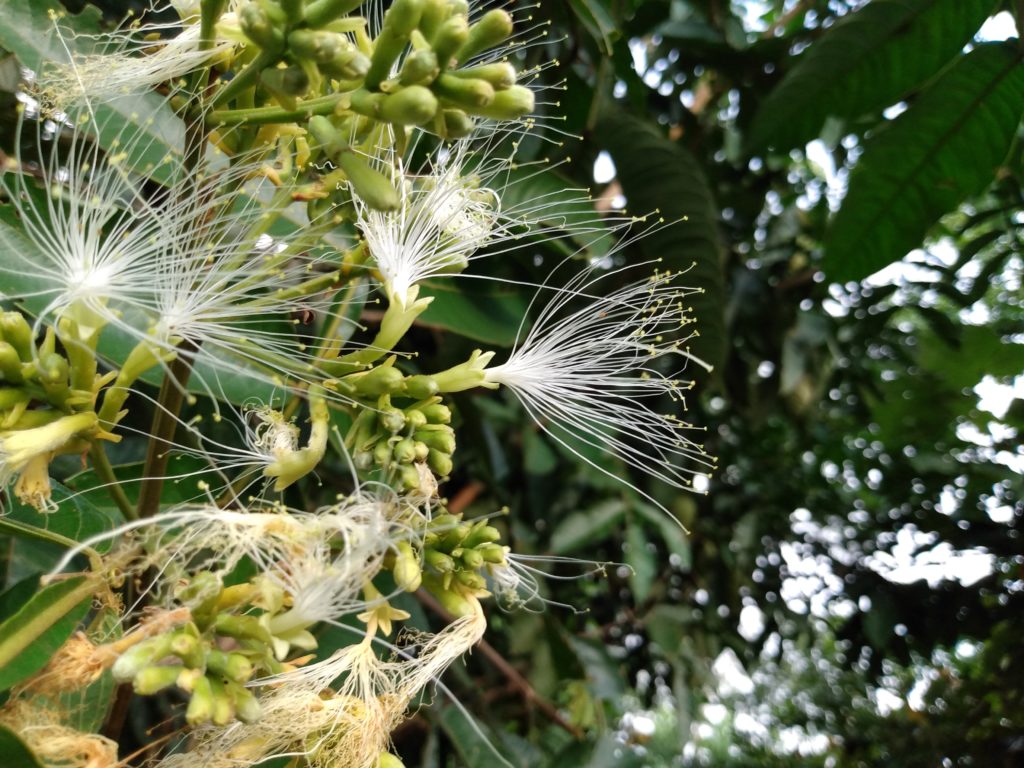
Agroforestry (AF) and silvopastoral (SPS) systems, which incorporate trees into crop and livestock systems, have been shown to make a dramatic impact on the maintenance and restoration of long-term productivity in agricultural landscapes in the tropics, including degraded and abandoned land, and are well suited to use by poor rural smallholders. They can provide major benefits through enhanced livelihoods and food security, whilst simultaneously increasing tree cover, improving soil, fixing carbon and delivering other ecosystem services.
Inga is a species-rich group of trees from the legume family, found across the humid tropics of Latin America. These fast-growing trees are able to capture nitrogen from the atmosphere and fertilise the soil around them. They have edible fruits, can be grown in poor, degraded soils, out-competing weeds and invasive species and form an important part of AF and SPS systems across Latin America.
The value of native trees, including Inga, within AF systems, where they are planted to provide a nurturing environment for crops, has been amply demonstrated by a number of projects, and is gaining momentum. They are also especially promising in SPS systems, which offer smallholders new income-generating opportunities around milk and dairy products in out Brazilian projects.

